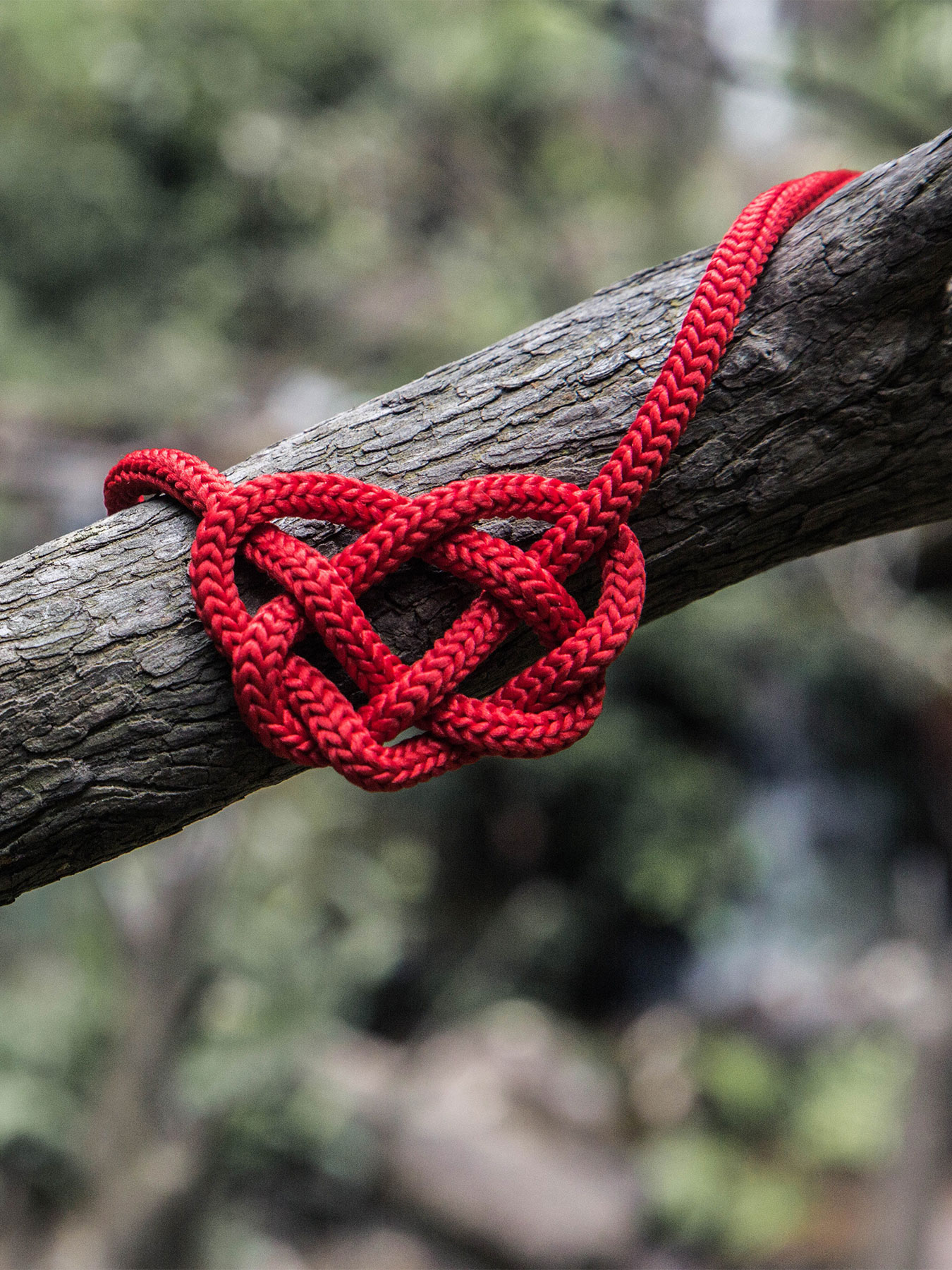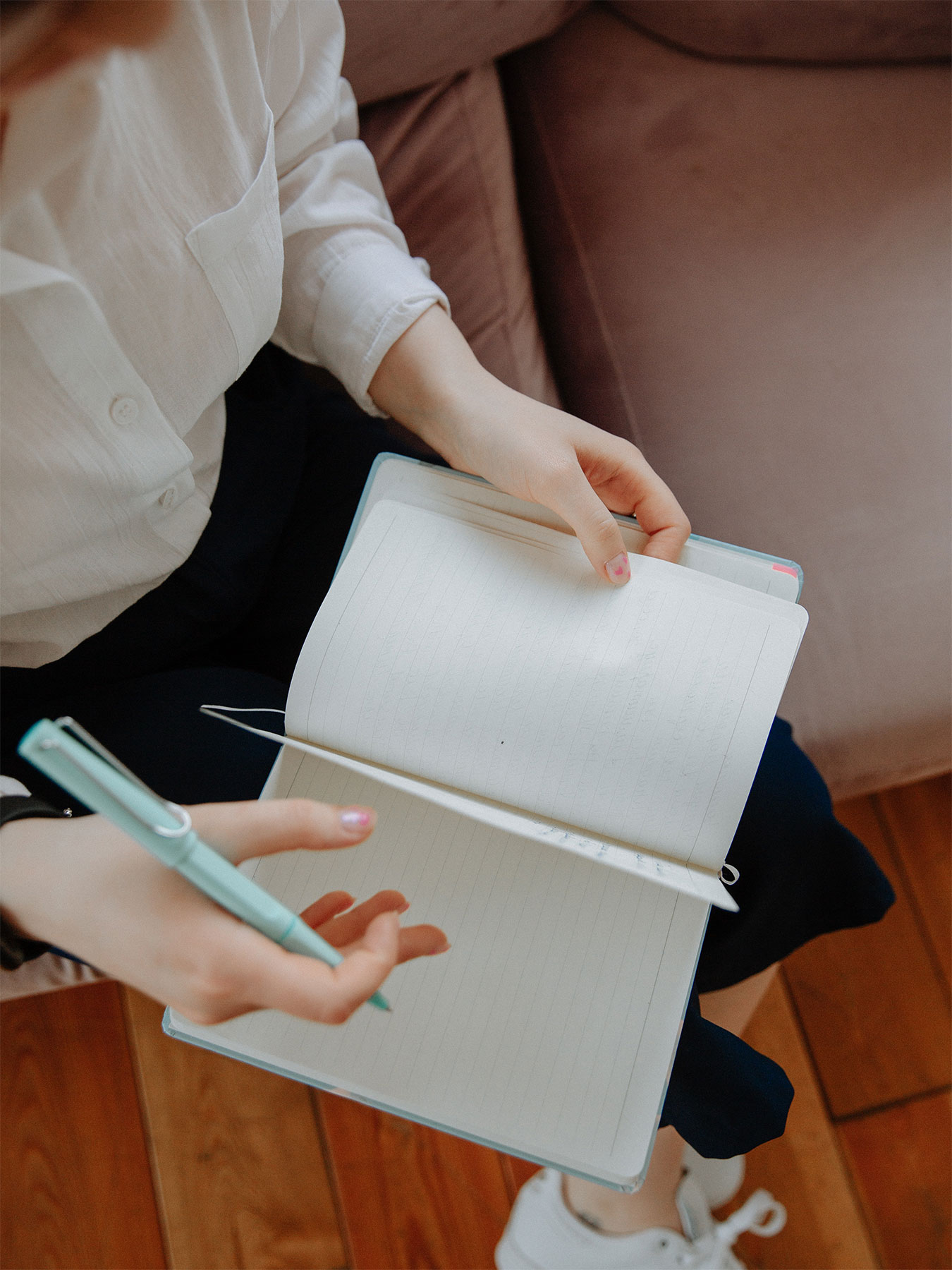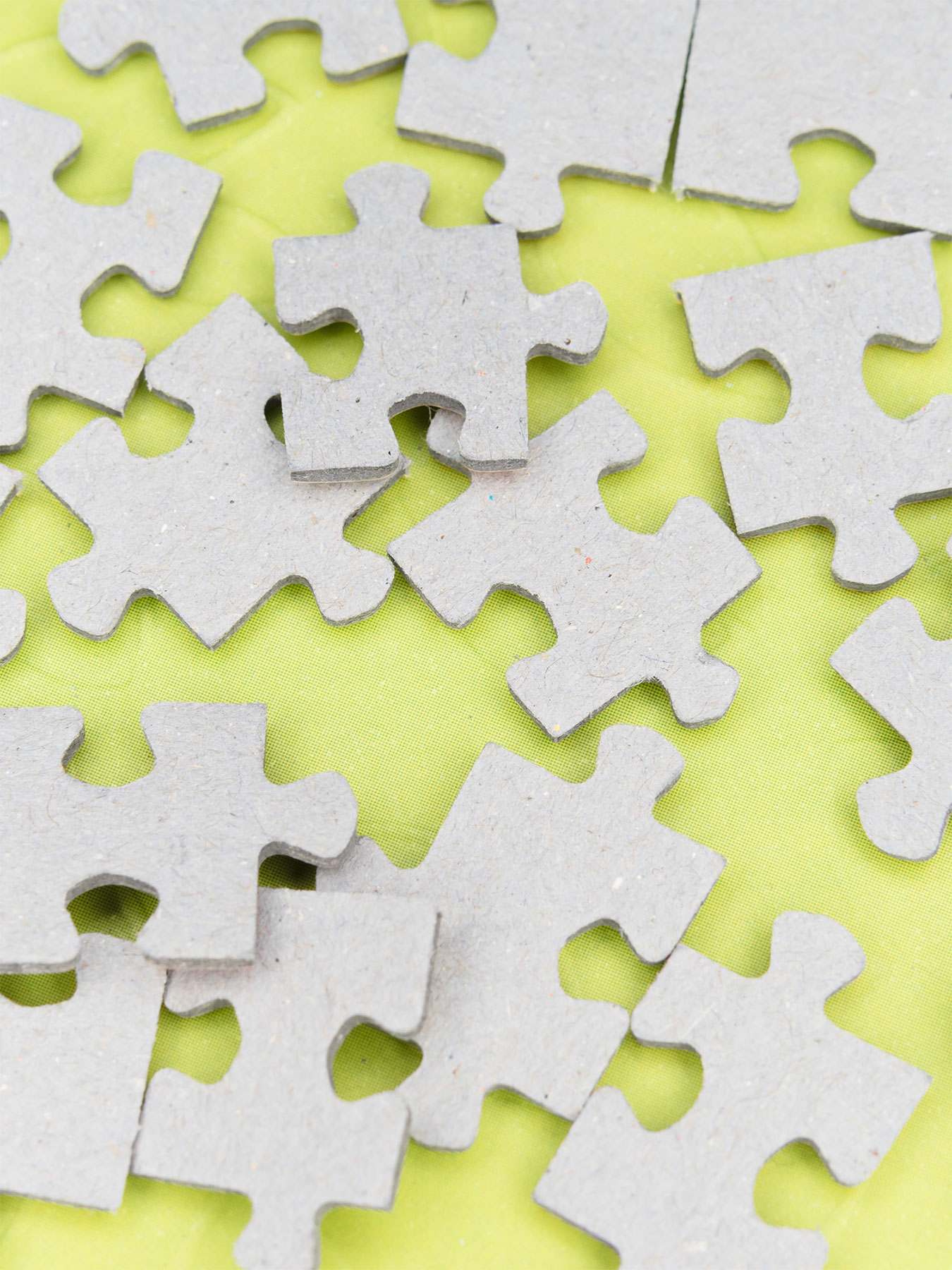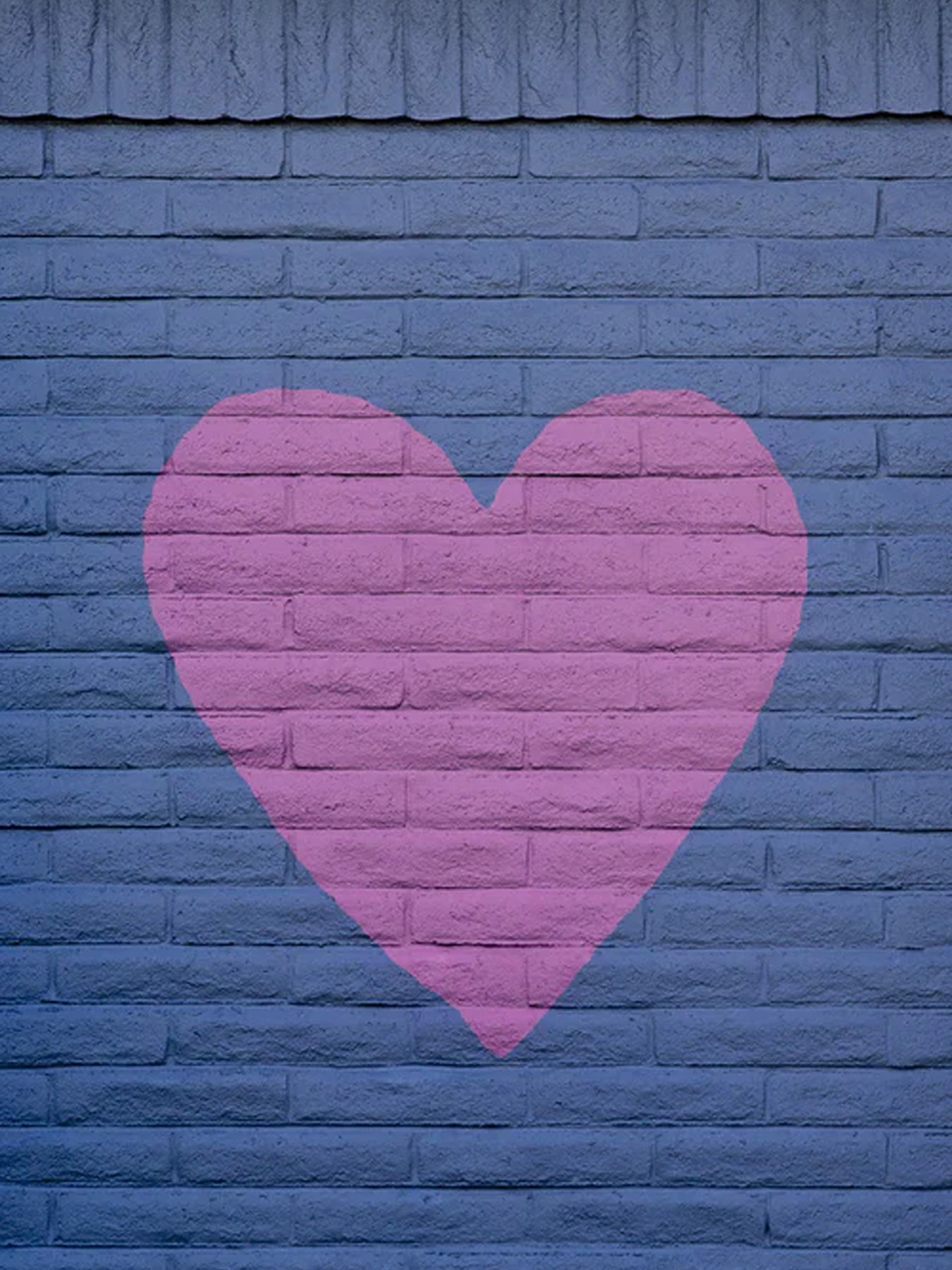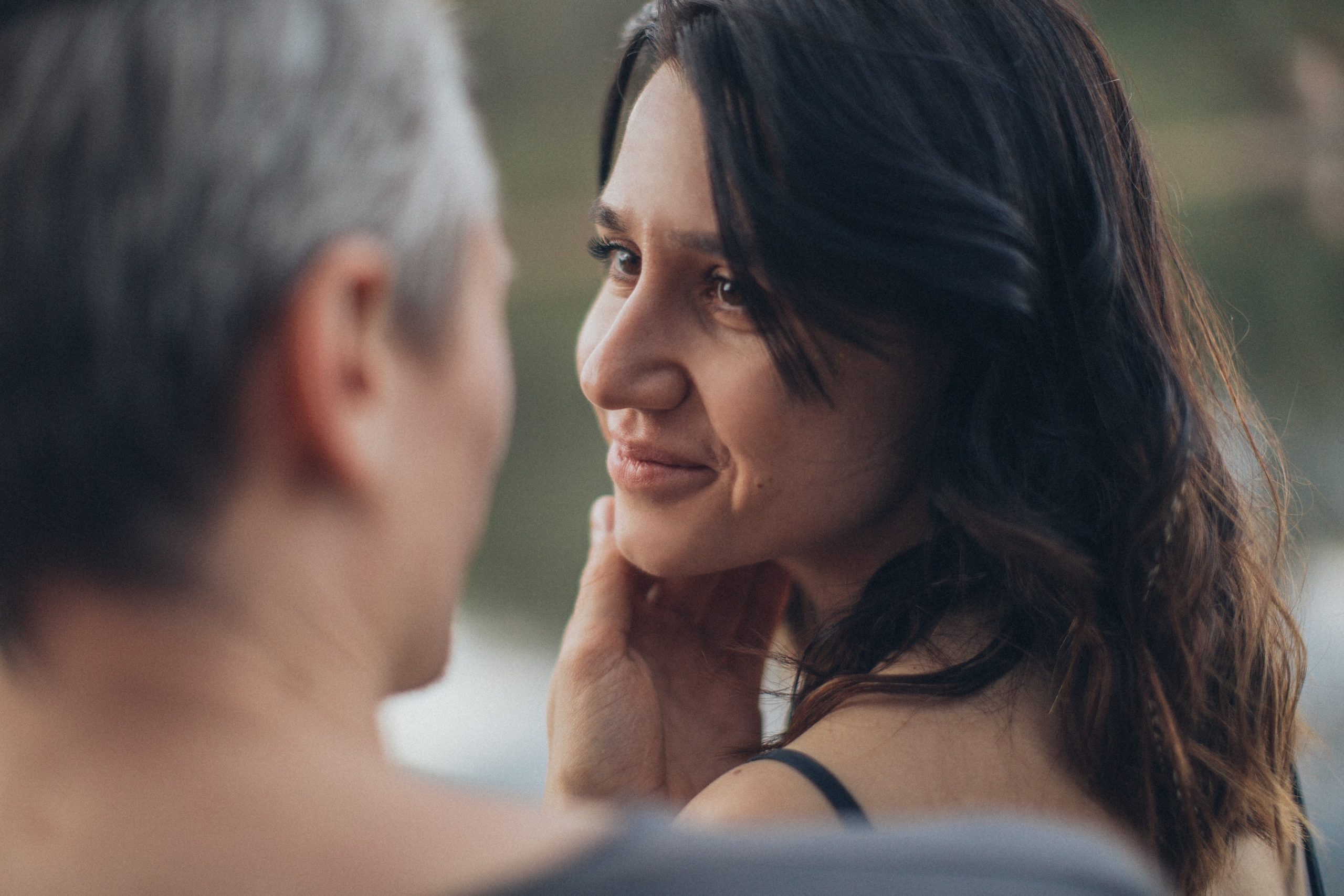About This Episode
In this week’s episode I’m delighted to welcome Brian Piergrossi to the show to chat about modern masculinities. Brian is coach, mentor, author, podcaster, workshop facilitator, and father who has transformed the lives of hundreds of thousands of people around the world over the past 12 years. After being debilitated with a decade of chronic illness, Brian committed himself to the inquiry of the root cause of human suffering & the core principles of vitality, achievement and fulfillment. Through 11 years of his own serious inquiry led by many of the world’s mentors from all disciplines, he transferred his learnings and experience towards supporting others in so many ways it’s a long list, so be patient. Brian has written two books, “The Wow of Now” and “The Big Glow”; he provides individual, couple and group support to individuals on every continent via coaching, workshops, retreats, lectures, shows, festivals; he founded the Big Glow Online Community on Facebook with over 6,000 members, hosts The Brian Piergrossi Podcast as well as his newest podcast What is Tantra and his message cuts across several social media communities.
Brian and I:
Explore the construct of modern Masculinities
Explore the interplay of Masculinities and femininities
How our environments shape our experience of the Masculinities and femininities
How to tap into your Masculinities and femininities, even when you’re feeling alone or are in toxic uncontrollable environments
Breathework and how it can be a tool to open yourself up to embrace and connect to your authentic self
Hope you enjoy the show!! Questions & comments are always welcome!!
Tune in to Sex Marks the Spot every Hump Day on ITunes, Spotify, YouTube, IHeart Radio, GooglePlay, Stitcher, Deezer and the link in my bio. Comment + Share + Subscribe!!
Tune into the conversation and let’s start talking about what we don’t talk about enough – sex!
I’m always open to your feedback, questions and comments. So please leave me a comment, DM me on IG or email me at contact@DrCatalinaLawsin.com
Tune in every Hump Day (Wednesday) for a new episode of Sex Marks The Spot!
Cheers,
Catalina
Show Transcript
Dr. Lawsin: Hi and welcome to this week’s episode of Sex Marks the Spot. Today, I’m super excited to welcome Brian Piergrossi to the show and we’re going to be exploring modern masculinities, as well as femininities, and how it relates to our sexuality, relationships, and our authentic selves.
Dr. Lawsin: I’m Dr. Catalina Lawsin, a licensed clinical psychologist, and I love talking about sex. Sex Marks the Spot is a podcast that bridges the gap between what we know and what we actually do when it comes to sex, relationships, and health.
Dr. Lawsin: Hello everybody. Today I’m delighted to introduce my guest, Brian Piergrossi. I’ve known Brian for a few decades now, as he’s the brother of one of my close grad school friends, and I’ve truly enjoyed and I’m impressed by Brian’s journey and his work. Brian is a coach, mentor, author, podcaster, workshop facilitator, and father, who has transformed the lives of hundreds of thousands of people around the world over the past 12 years.
Dr. Lawsin: After being debilitated with a decade of chronic illness, Brian committed himself to the inquiry of the root cause of human suffering and the core principles of vitality, achievement, and fulfillment. Through 11 years of his own serious inquiry, led by many of the world’s mentors from all disciplines, he transferred his learnings and experience towards supporting others in so many ways. It’s a long list, so be patient.
Dr. Lawsin: Brian has written two books, The Wow of Now, and The Big Glow. He provides individual, couple, and group support to individuals in every continent via coaching, workshops, retreats, lectures, shows, festivals. He founded The Big Glow Community on Facebook with over 10,000 members, and his message cuts across several social media communities.
Dr. Lawsin: Brian, thank you so much for coming on the show. I’m really excited to be here and explore modern masculinity with you as it relates to sexuality.
Brian P.: I’m excited to be here too and grateful as well.
Dr. Lawsin: Yeah, cool. Well, so let’s start off the conversation just by exploring these constructs of masculinity and modern masculinities. You know, traditional masculinity is a social construct that frames social beliefs, behaviors and attitudes, and really embraces traits of stoicism, power, aggression. Again, that’s a very simplified global view of what’s traditional masculinity has been defined, and while masculinity exists in a sociocultural context. It’s often associated with gender roles where men are meant to maintain this masculine ideal.
Dr. Lawsin: However, recently over the… You know, there’s been definitely a movement and lots of researchers, as well as the American Psychological Association, who are really beginning to challenge this construct and expand on it so that it is really rather than masculinity, it’s masculinities, and this expansive construct that really promotes a more holistic and fluid definition of modern masculinities that’s flexible to really provide options of how masculinities can be expressed or experienced. So even the subtle difference between saying masculinity versus masculinities is really just one of those ways of actually reframing a little bit.
Dr. Lawsin: That’s a little bit of the world that I’ve been exploring more on the researchy side and so I’m super excited to delve in to your side, which is definitely very holistic. Can you start us off by you telling me a little bit of providing your perception of the construct of masculinities and through the lens of your experience and work?
Brian P.: Actually, I haven’t really delved into the masculinities before. Actually, I really liked that because it’s accurate. You know, I don’t think that you can delve into masculinity without delving into femininity. Right? Because without one, there’s not the other. So there’s this interplay of the two.
Brian P.: I think we should also clarify, which I think you’ve already did, but just to make it even more clear, when we talk about masculine and feminine, we’re not necessarily talking about men and women. So it’s like a man can be masculine or feminine, a woman can be feminine or masculine. Most women are feminine, some are masculine and most men are masculine, some are feminine. And that’s all great.
Brian P.: I think that’s what’s happening is we’re just kind of… To me, it’s all about… You know, when you talk about my work, what is my work about? It’s about tapping into the authenticity of who we are, you know? From that, through being present, through getting on deeper level of self-awareness, recognizing and realizing who we really are and accessing that and expressing in the world, that’s where we’re at our fullest, most full, most optimized, actualized potential. So as opposed to trying to fit into a box, I have to try to be this thing because that’s what I’m supposed to be. That’s the condition I’m supposed to be.
Brian P.: I think the bottom line thing right now, which is good, is that there’s the exploration of this and the liberation of people realizing that they don’t necessarily have to fit into a one-size-fits-all box, and they can explore who they really are and really, like I said, be in the fullest potential of that, an expression of that in the world. I like the masculinities and femininities because there are different, aspects and archetypes of masculinity. So I appreciate that distinction.
Dr. Lawsin: Yeah. I definitely appreciate it, too, and realized how much, when I talk about this with clients, the vernacular has evolved, and how by modeling that also and just introducing these concepts of within an individual. Because certainly, I completely agree, this whole idea of or the construct of masculinities definitely exists within what we… also the construct of femininities and it really is this spectrum that… And I do think that in psychology they call it this gender role conflict and that’s the factor that actually leads to a lot of internal distress.
Dr. Lawsin: I think that there’s a lot of pressure around that, across all sexual orientations and across all identities as far as what is that for someone. So it sounds like for you, it really is speaking, you’re encouraging people to just actually identify different traits within themselves that is just authentic and rather than labeling masculine feminine as binary. Actually, just like emotions, I’m not sad, I’m not happy. There’s all these emotions. But when it comes to these types of things, we so very much have been educated and socialized to just be one or the other.
Brian P.: Yeah. I think it’s being authentic to who you are. I personally do enjoy the play of masculine feminine. I think that’s a beautiful part of being alive and part of being human being. But who we really are is deep… You know, to get into a spiritual level, it’s deeper than that. Right? But then it expresses itself in the world as yin or yang. Right?
Brian P.: Then there’s, that’s the play of creation. That’s the play of form. That’s the beauty and joy, which would include sometimes pain and sadness and happiness and laughter and the whole range. The whole realm of human relationships comes from that play of yin and yang, you know? So I think it’s embracing that.
Dr. Lawsin: Absolutely. When it comes to that internal struggle between that yin and yang, can you tell us how you’ve witnessed that? Or can you tell us another story of maybe even recently of where you’ve experienced that as far as how an individual has experienced that tension and has had difficulty finding their authenticity and how it’s actually translated in particularly regarding their sexual identity and their selves?
Brian P.: I don’t know if it seems to me like it’s even more of a challenge now. Maybe it’s not, but it seems to me like it is. People seem to have a hard time of really appreciating both polarities. You know, both the masculine, both the feminine. So if they’re someone who is a feminine essence, they have trouble appreciating the masculine and someone who’s a masculine, so they have trouble appreciating the feminine.
Brian P.: But I think that’s the work. That’s the journey is be able to appreciate both polarities on… You know, not necessarily understand them, but appreciate, honor, you know? When you have that yin and yang symbol, the yin always has a little bit of yang in it and the yang always has a little bit of yin in it, you know? So there’s always both aspects in ourselves even if one is predominant in a certain moment or predominant in the majority of our lives. We have both energies.
Brian P.: You know, I find that you can’t really truly appreciate the feminine really truly without appreciating the masculine and vice versa. You can’t really truly appreciate the masculine without appreciating the feminine, because you recognize the one through the other. Again, that’s what brings us together in relationship. You know, I think whether it’s heterosexual or homosexual couples, there’s always the play of masculine feminine that’s happening, you know?
Dr. Lawsin: Hundred percent.
Brian P.: Yeah. To be honored and recognized and appreciated.
Dr. Lawsin: Well, and oftentimes, so much of how this actually gets externalized comes in the way we communicate and the way we express ourselves and the way we initiate or receive and we give and receive and all of that. So when it comes into relationships, that’s where that internal struggle externalizes because then it becomes that push and pull, then ends up just basically imposing itself on the relationship, too.
Dr. Lawsin: We often find partners or engage in relationships for different reasons, and we have to figure out how does our identity actually fit with theirs? I mean, and so, one of the things I think that a lot of people have a hard time grasping, and this is where, again, I feel like you’re so vivid, is actually seeing what does… When we talk about this masculine and feminine, what is the process that you take people through to begin to identify those aspects of themselves and not again taking them away from not categorizing necessarily and embracing them, but just beginning to recognize them because oftentimes one, it’s a foreign vernacular for a lot of people, you know?
Brian P.: Yeah, yeah. Well, there’s a lot. I would say the feminine is the receptive energy and the masculine is the directive energy. Although, as you said, there’s different messages, different femininity, so it’s not quite so simple. You know, teasing that out is really interesting because I think the masculine, there’s a directive energy, but there’s also this energy of the masculine of holding space, right? Which is not directive energy, and they can be used different ways at different times.
Brian P.: But you can also think of the feminine as the flow and masculine is more gazed around organization and structure. Again, when you start to recognize these things and you start to equating them, it’s like Oh, they’re actually both important. They both have value, and actually one isn’t that great without the other. One is not working without the other.
Brian P.: That’s why we find this, we access it in ourselves, but also we’re drawn into relationships, so romantic relationships or even friendships or whatever the variety, because people have qualities that we don’t have strongly in ourselves, you know? So we value them because they’re bringing something into our lives that brings balance to ourselves.
Dr. Lawsin: Well, and I’m sure you’ve experienced or witnessed at least when people feel that imbalance with themselves. Even when that balance or the opportunity for balance is there in relationship, we found it’s hard sometimes to… Sometimes there’s just blocks between that that disconnects. Can you speak to that a little bit within your lens?
Brian P.: Yeah. I think is important to make a distinction here between a codependent relationship and an interdependent relationship, right? I’m saying someone brings you balance, but it doesn’t mean like, Oh, I’m empty and I’m lacking, there’s nothing inside me and I need you to fill it.
Brian P.: It’s not that. It’s like I’m a whole person in myself and you’re a whole person yourself, and me being a whole person, you being a whole person, I recognize that you have real gifts and qualities that I don’t have as strongly, you know? So, let’s work together. Let’s play together as the case may be. Then we’re stronger, we’re even stronger as two whole parts coming together. I think that’s an important distinction to make.
Dr. Lawsin: No, 100%. I feel like one of the biggest challenges is actually heightening people’s awarenesses to a lot of these things. When you’re talking about those things, it seems like when people are going to find you, they’re already on some kind of path and their lenses are already at least open, at least open to one, this vernacular or this paradigm.
Dr. Lawsin: I’m also sure you’ve encountered people who really this is foreign, and where they are so disconnected with themselves. You’ve even experienced that physical pain of how our bodies break down from it. Can you speak a bit of where the first steps might be for somebody, or even from your own experience of actually just beginning, even getting somebody to begin to read. Now, there’s so much out there, but to begin that journey to actually… It’s that journey to awareness, that journey to that balance, to embrace that.
Brian P.: Yeah. You know, if you think of our language we’re using is English, right? But if you think of Spanish or Italian for example, they have masculine and feminine inherent in the language.
Dr. Lawsin: I know, right? Yep. I speak Spanish. Yep.
Brian P.: I think that that’s really valuable just because to me, the masculine and feminine, going into that and starting to understand that is so huge because it’s like you start to see how everything’s operating. You start to see everything’s working. In the world of duality, in the world of form, how everything… Masculine, feminine is the seed of creation, right? So, when the masculine and feminine come together, babies are born.
Brian P.: But you can even just see this just in nature. A simple exercise would be like look at a whatever you’re looking at, something in nature, a tree, a flower or a bird. Is it masculine or is it feminine? You don’t have to be right or wrong. It doesn’t have to be like, oh, you get it wrong but it starts to get you working of how the yin and yang is playing with each… how those two energies are playing together all the time. And you can just see how when they’re in harmony, there’s just this flow of creation that’s happening.
Brian P.: Then you can go to human beings. Is this person a feminine energy right now or a masculine energy, right? It’s not so simple. You’ll see oftentimes women that are in the masculine energy, men that are in the feminine energy. I read some of the old books like John Gray. Women are from Mars-
Dr. Lawsin: Venus.
Brian P.: Venus, sorry. Men are from Mars. David Deida, this kind of stuff I delved into and really… and more, but it just gives us some things people would know. It really helps to understand… If you can understand where someone’s… If they’re in a feminine energy, you’re going to speak to them or approach them in a different way than you do if they’re in a masculine energy.
Brian P.: So to really detect okay, what energy are they in right now? What energy am I in right now? Right? Then you can get a feel of what their needs and their wants are, right? In that space and how you… I think it’s just really valuable to really know how to navigate human relationships and human psychology and emotions and all the things that we deal on interactions with each other and of course within ourselves as well.
Dr. Lawsin: No, 100%. I loved your references of birds and beginning to actually… This is why I really enjoy your walks is that I do feel like outside of ourselves, outside of humans, we are so accustomed to just thinking about these relationships, but this is everything. When you’re talking about this masculine and feminine energy, this is everywhere. Quite honestly, it’s a little bit less complicated and dramatic when you look in nature and that interplay and actually use that as just to observe and see what those processes are, you know? It’s also less threatening that I do think that that’s…
Dr. Lawsin: I mean because in your book, in your latest book you were saying how this is really good to maybe read every now and then maybe out in nature, it’s always the best. I know you do a so many retreats in such beautiful locations. And how do you feel? Sometimes also the environment of actually of where we are physically. Actually, a lot fosters us to heighten our awareness of ourselves and connect to that.
Brian P.: I love this question. I would say that’s another great thing. Feel where you are. Is it masculine or is it feminine? Right? I would say one of the most masculine places that I’ve been is New York City. So everything is gridded and straight and everything’s orderly, organized in First Avenue, Second Avenue, Third Avenue. Even the colors are like this dark gray and dark blue, and obviously the energy of the people and the whole thing is just this very masculine energy. Now interestingly enough, many of the women that I know who are very feminine love New York City.
Dr. Lawsin: I live there. I loved it.
Brian P.: People might think oh, because it’s masculine only. No, because we like the polarity. You can be in a very feminine energy and you feel like that masculine energy is kind of supporting you or almost like moving you, you know? It’s almost like a dance partner for you where… So it’s interesting. Then somewhere, I would say parts of Hawaii are very feminine. You know, lots of flowers and flow and openness and a lot of hearts.
Brian P.: Anyway, the point is that yes, you can totally feel where you are if it’s feminine or if it’s masculine, and then you can feel within yourself what you need, right? You may need something that’s really feminine and nurturing and you can go to a place that supports you in that way or you may need something that’s really masculine and pushing and making things happen and finds that it supports you in that way.
Dr. Lawsin: No, it’s interesting. I mean, and I think again, this speaks to one, allowing yourself to be present enough that you can actually notice yourself and actually transport yourself, you know? We become so transient and travel becomes so much more accessible. But it’s interesting because you and I started doing all of that kind of stuff a long time ago and we are a little bit of a different generation as well with this, you know?
Dr. Lawsin: When we were doing this, I feel like we would often be solo, and now you can do this, and whether it be in Manhattan versus in Hawaii, you’re going to find like-minded, you’re going to find people on similar paths that actually then contribute to that environment, you know? But I do think that so much of that is actually being aware in the present to actually begin to just tap into that space and even acknowledge what that energy is around you of the buildings and of the waterfalls and things like that and really bringing that in.
Dr. Lawsin: But it does seem like that different people are going to resonate with different things, and I do think that again, with looking at the environment and how that resonates and how that connects, it also really can… When there is that disconnect, I do think that that’s hard because then when we think of that, so much of suffering or struggle can be when people don’t have those other options, you know? So, it all has to be in here and I guess a little bit of there when we’re feeling that imbalance because you do need both for harmony.
Dr. Lawsin: What do you do? What is the pathway for people who just feel stuck and can’t and their harmony isn’t there and they can’t feed off. They don’t have the support. They’re low and they don’t… They’re also in an environment that maybe is toxic in relation to them.
Brian P.: I think what is a real positive right now and is exciting. I think there’s a lot of challenging things about the time we live in, but you’re totally right. People are not as isolated as they used to be when we were in our early twenties. Now, you can just google. I can google all kinds of crazy stuff and find information on stuff. Oh, this person is thinking about the same thing I’m thinking about. They have a question about what I’m questioning about, you know?
Brian P.: That’s the good news is you can reach out. Even if you’re in a place where the people around you aren’t asking the kind of questions you are exploring, you can find a podcast like this, and tune in to these kinds of questions and find people that are asking things that maybe you haven’t felt have the courage or have the conversations with people around you, but you can tune in and start to open up in these ways.
Brian P.: I think that’s a really great thing that we have. Most people have actually internet these days and they can start to explore their consciousness through the internet. Then the other thing that standout to me about what you said was like, yeah, being present is such a foundation, I found, for everything, you know? If you’re not present, then you’re not in the game. You got to start, you got to be present, and when you start to be present in the moment, then you become aware of what is alive for you, what’s true for you, what’s authentic for you in the moment. And it’s changing, right?
Brian P.: So it’s in the moment itself and then you can feel into what you’re being called to. You can be called to… I just needed to take a walk in the forest right now. Maybe that’s like a nurturing feminine environment for you. Or you may need something that’s more on the masculine side. Like I mentioned, the urban area and something that has the energy of that.
Brian P.: But it only happens when you’re present. You can tune into what am I being called to or what kind of support am I being called to bring in right now and following that guidance within yourself, following that movement, that truth within yourself moment by moment.
Dr. Lawsin: No, 100%. Well, I know so many of your workshops lately have been focusing on breathwork, and that is kind of like your first tool almost to begin to access. I think that people have now heard mindfulness has become so much more popular and accessible, and cutting across different traditions. Is it through breathwork that you actually begin to… particularly for clients who are so disconnected and so not present and so locked in?
Brian P.: Yes. Yeah, that’s a good point. For a while, I was just… not just, but a lot of what I was doing was sharing with words and talking and sharing ideas and pointing people to things. Then there’s definitely a lot of tools that we bring into an experiential level of meditation and mindfulness exercises and mindfulness walks, ecstatic dance sometimes and different exercises to engage and connect, yoga.
Brian P.: But I really found that this breathwork is just such a great tool experientially to bring people into everything that we’re pointing out and talking about that I’ve just really been… My partner, Annie and I have just been sharing these workshops and just the response I’m getting from people is so powerful, and the transformational power of it, and the way it opens people, and the healings on different levels that happen that yeah, I’ve just been really excited about just sharing that with people.
Dr. Lawsin: Yeah, no. Well, and I know that Annie, she’s done a lot of work in Kundalini, and I think as far as the traditions, Kundalini is very heavy on the breathwork and circular breathing and all of that stuff. So it sounds like you’re doing that a lot in your workshops. Even in your retreats, is that always the component?
Brian P.: It seems like it is now. Yeah. It’s always a component. Yeah, it’s like the center of what we’re doing. I do personal sessions with people as well, and I do different… I have my own podcast and I have a podcast coming out called What is Tantra, which I’m excited to share to people.
Dr. Lawsin: Oh, cool.
Brian P.: But as far as the in-person stuff, yeah, breathwork is definitely a centerpiece of what we’re sharing, and just because it’s been so powerful, you know?
Dr. Lawsin: Hundred percent. Well, that’s exciting. I need to join one of your Wednesday sessions. Because I saw something on your Facebook about you have Wednesday online sessions for everybody.
Brian P.: Yeah, that’s true.
Dr. Lawsin: I didn’t know if you were doing breathwork in there because I’ve definitely always included that in my clinical work but then even in my own personal practice. It’s interesting how much you really have to be intentional, you know? It is very much a practice of… Because our bodies just want to irregulate. They want to just get into that mode because it’s just trying to survive, you know?
Brian P.: Yeah.
Dr. Lawsin: So actually regulating and beginning to gain, not just access but control and potentiating that control.
Brian P.: Yeah. I’m going to add one thing to that by the way since this podcast is called Sex Marks the Spot, right?
Dr. Lawsin: Uh-huh (affirmative).
Brian P.: So breath is such a critical element of bringing that into sensuality and sexuality. That’s so much the essence of what tantra is about is getting connected to your breath and presence, and breathing consciously, and being present with yourself, and being present with your partner. So anyway, the point is it open up those areas or your realms too in ways that are new frontiers for people that delve into the breathwork and breathing meditations in this realm.
Dr. Lawsin: Unfortunately, our chat actually got a bit interrupted but I’m certainly going to hopefully catch up before at another time, and we’re going to explore a little bit more about this yin-yang, modern masculinity, and also delve a little bit more in the tantra. So stay tuned and I will follow you guys up then. Cheers.
Dr. Lawsin: The content on this show is meant to be relatable, educational, empowering, and hopefully a little funny. It’s not meant to be treatment. Some of the things we talk about may seem more easier said than done. So if you’re feeling stuck or alone or distressed, reach out for support from therapists, physicians, or other licensed healthcare providers. Thanks for listening and tune in each hump day for some juice to fuel your sexy day. Cheers!
Podcast: Play in new window | Download

